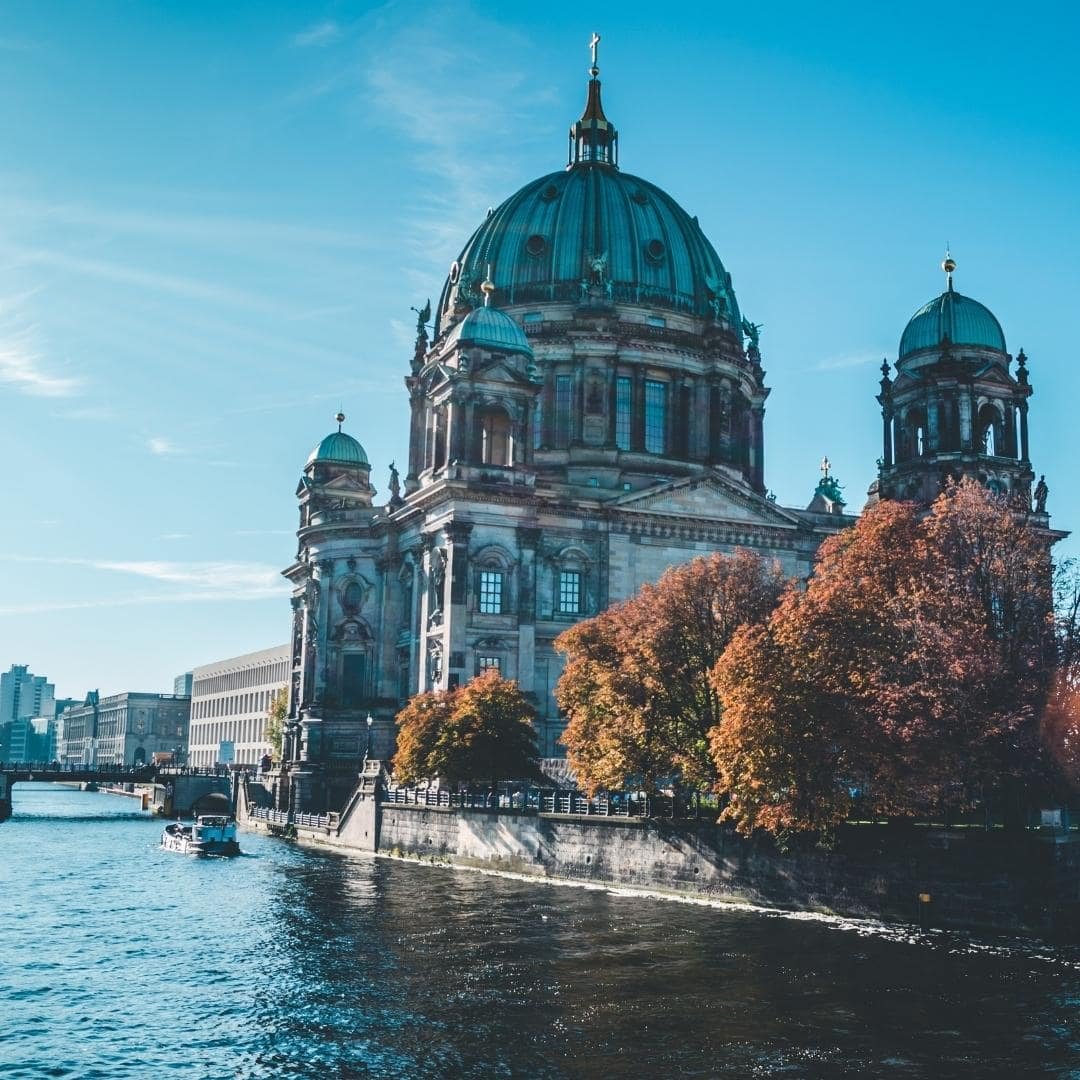News Dispatch: Travel to Berlin, Germany
Welcome to Lokal Amico’s blog! On this page, we have collected important resources to bookmark to get the latest updates on travel requirements into Berlin and the rest of Germany. Please read through to check which policies and requirements are currently enforced, especially considering your origin country. COVID-19 vaccination is required for entry.
Last update: 1 December 2021
Compared to many EU and Schengen territories, entry to Germany is currently based on the COVID risk status of visitors’ origin country, not merely granting access for EU and Schengen member-states.
The country has permitted entry from several countries since July 2020 but in light of the determined spread of the new COVID-19 variant Omicron, it is only possible to enter for tourism if vaccinated and or certified recovered from the virus.
If not vaccinated, only those traveling for essential reasons can enter. Unvaccinated children under 12 can enter if traveling with a vaccinated parent.
Travellers from the EU and Schengen placed on the “high incidence areas” and “risk areas” list must register online and provide a negative COVID test result performed no older than 72 before arrival in Germany. Additionally, they will be required to self-quarantine for 10 days.
Regardless of origin, however, full vaccination is required from visitors to earn access into Germany if they cannot present a recent negative test result. The approved vaccine doses by Germany include Comirnaty, Moderna, Vaxzevria, and Janssen.
Quarantines on visitors from high-risk areas
All visitors wishing to enter Germany after staying for more than 10 days in a territory with a high incidence of virus variant are required to register online with the German government via the Corona-Warn app. They will be subject to health screening as soon as they enter the country.
Policies are wildly in flux throughout Europe as governments try to contain the new COVID variant. We recommend checking the following resources for visiting Germany soon:
Official Berlin travel website
Declaration Form prior to arrival
Travel between EU countries: The European Commission
What to expect in Berlin
The EU Digital COVID Certificate is required to access public spaces, public transport, leisure areas, and cultural facilities. This is the standardised recognition of status related to COVID-19 vaccination, recovery, and test result. Unique territorial mandates may be imposed by regions. Travellers are strongly advised to carry relevant certificates at all times.
Further policies are in force in the city:
Selective tourist travel - tourist travel is banned in some places. Public fairs and events are cancelled.
2-G Rule (vaccinated, received) - access to public facilities, even tourist accommodations, restaurants and bars, cultural institutions, and leisure and sports facilities, is only allowed upon presenting proof of full vaccination or recovery. A negative COVID-19 test is insufficient.
Use of facemasks - everybody older than 6 years must wear a face mask in public transport or in public buildings and shops, and where a social distance of 1.5 meters is impossible. Medical masks (surgical masks, KN95, or FFP2 masks) should be used. Face masks should also be worn in places where social distance rules (1.5 meters) cannot be kept.
Please check Berlin’s official tourism website for thorough implementation of the 2-G Rule.
Important note:
LokalAmico is not an official source for information on COVID + travel. We strongly encourage you to always check your destination’s government resources online for the latest regulations in force.


